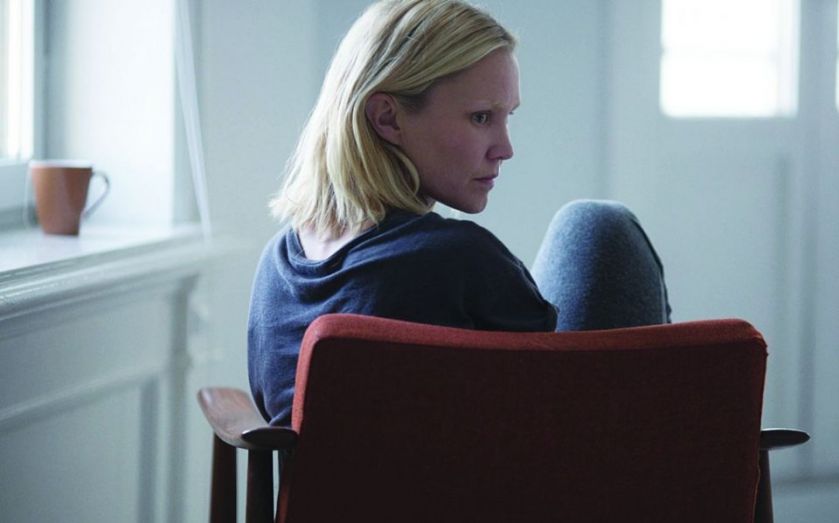Film review: Blind is divisive but gripping

Cert 18 | ★★★★☆
Films about the blind, like films about the deaf, are faced with a formal problem: how do you convey the subjective experience of blindness without showing the viewer a blank screen for two hours? Compellingly, the Sundance-winning Blind gets around the problem by focusing on the flights of imagination that can fill the void vacated by sight.
The film opens with Ingrid, a thirtysomething yuppie in Oslo, feeling her way around her Apple-white apartment, as she explains in voiceover how she and her husband are coping with her recent loss of vision. Then she begins to describe the lonely lives of two neighbours: a porn-addicted loser and a single mum, each as isolated as she is. For a while, it’s hard to shake the impression of a Nordic Amelie.
But then the story plunges down a Lynchian rabbit hole, and the line between reality and Ingrid’s paranoid mental projections starts to blur. Suffice to say that every new scene has you questioning afresh what you’ve seen. It’s a bold gambit, and it works – partly because we’ve been seeing things from Ingrid’s point of view from the outset, and partly thanks to some nifty editing and sound design. The bravura climactic sequence is thrilling.
Blind is less convincing as a character drama. We’re so deep inside Ingrid’s head that there’s no space to develop her relationship with her husband, or anyone else. It’s a mannered, cold film, which grips you while keeping you at arm’s length. It will probably divide audiences. It divided me.